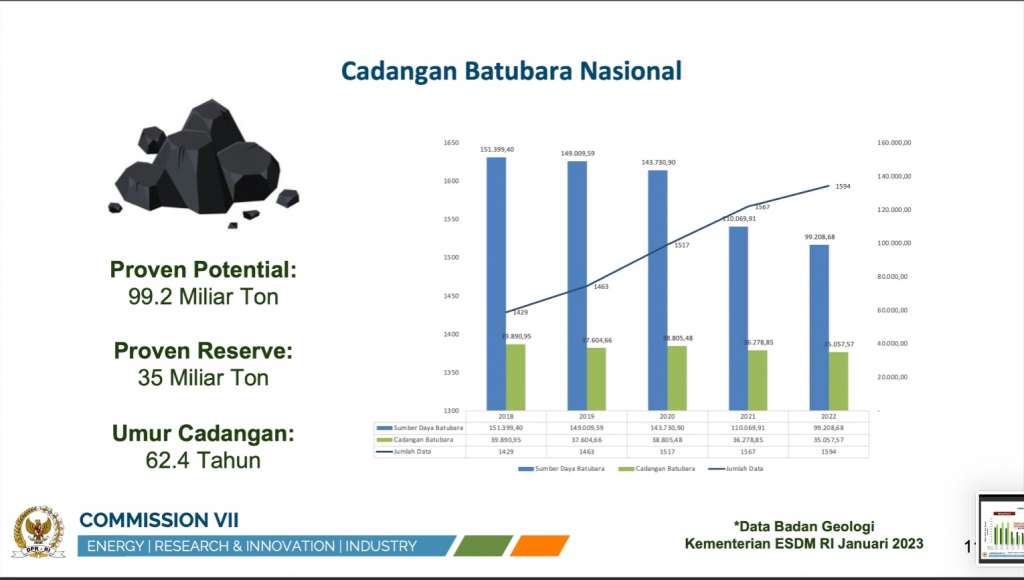Indonesia, Southeast Asia’s largest economy, is blessed with an abundance of natural resources. Yet in 2023, over 90% of the country’s energy consumption per capita still came from coal, oil, and gas. Fossil fuels dominate the national electricity mix, despite growing concerns about climate change and the global push toward renewable energy.
Economic Factors Behind Energy Choices
One key reason for this reliance is economic practicality. Fossil fuels remain cheaper to produce and distribute within Indonesia’s existing infrastructure. The country’s well-established coal and oil industries have strong ties to both domestic energy policy and employment, making rapid change politically and economically difficult.

Another major factor is the large investment barrier that renewable energy faces. Although hydro, wind, and solar energy have shown noticeable growth, they still represent a small fraction of Indonesia’s overall energy usage. Building a renewable energy facility—whether it’s a solar farm, wind turbine, or hydroelectric dam—requires massive upfront capital, land acquisition, and complex regulatory approval.
Moreover, the intermittency of renewable sources like wind and solar poses reliability challenges, particularly for Indonesia’s growing urban centers and industries that demand stable, continuous power supply.
Despite these hurdles, there is progress. Solar energy consumption per capita, for instance, has risen remarkably due to lower panel costs and government incentives for rooftop PV installations. Wind energy has also bounced back after operational setbacks, and hydro energy projects are expanding slowly.
Read Also: From Fossil to Future: Indonesia’s Biodiesel Market Tripled in 5 Years
Indonesia’s challenge now is to balance its immediate energy needs with long-term sustainability goals. Accelerating the energy transition will require stronger government policies, international partnerships, and investment incentives to make renewables competitive with fossil fuels.
If these gaps can be bridged, Indonesia has the resources (and the motivation) to shift toward a cleaner, more resilient energy future.








